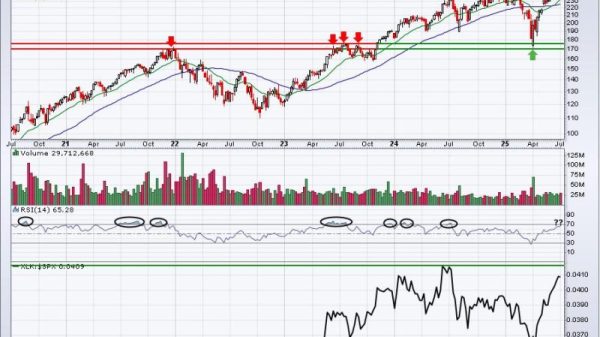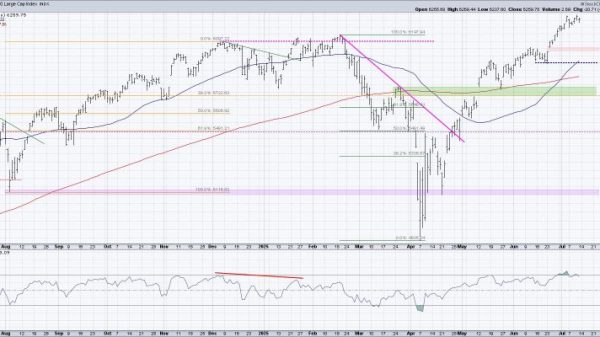Market Timing for a Rules-Based Strategy
Timing the markets has always been a hotly debated topic among investors and traders alike. Some believe that successful market timing can lead to significant profits, while others argue that it is largely a matter of luck. In recent years, a rules-based strategy has emerged as a popular method for market timing, aiming to take the guesswork out of the equation.
One of the key benefits of a rules-based strategy is that it provides a systematic approach to timing the markets. Instead of making decisions based on emotions or gut feelings, investors can follow a set of predefined rules that help them identify when to enter or exit the market. This approach reduces the impact of human biases and errors, leading to more disciplined and consistent trading.
Furthermore, a rules-based strategy helps investors avoid making impulsive decisions in response to short-term market fluctuations. By following a set of rules based on technical indicators, fundamental analysis, or a combination of both, investors can stay focused on their long-term investment goals rather than getting caught up in the noise of the markets.
Another advantage of a rules-based strategy is that it can be backtested to assess its historical performance. By applying the rules to past market data, investors can evaluate how well the strategy would have performed in different market conditions. This allows for adjustments and optimizations to be made before implementing the strategy with real money.
However, it is important to note that no strategy, no matter how well-defined, can guarantee success in the markets. Market conditions can change rapidly, and past performance is not always indicative of future results. Investors should always be prepared for unexpected events and market disruptions that may impact the performance of their rules-based strategy.
In conclusion, market timing with a rules-based strategy can be a valuable tool for investors looking to navigate the complex world of financial markets. By following a systematic approach based on predefined rules, investors can reduce emotional decision-making, stay focused on their long-term goals, and potentially improve their overall investment performance. While there are limitations and risks associated with any strategy, a rules-based approach provides a structured framework that may help investors make more informed and disciplined decisions in the markets.


































